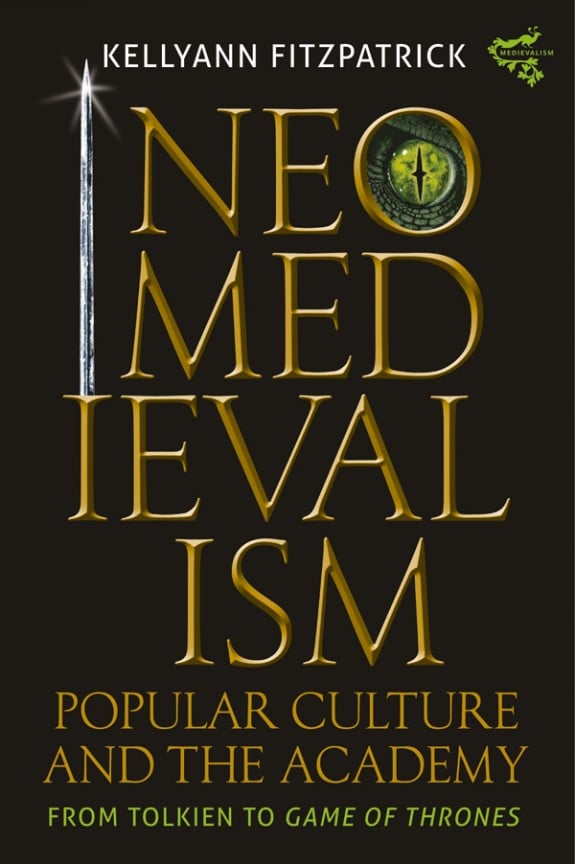Here are more of my (randomish) thoughts on aspects of this spring/summer’s AI (read: “tech”) conference season that stood out to me. I’m breaking things up into multiple posts; part 2 ponders the merits of tech roadshows.
For many U.S. tech events, in-person attendance numbers have just not reached the levels we saw prior to the pandemic (e.g., AWS re:Invent has yet to report numbers to match its 2019 show; KubeCon + CloudNativeCon North America in-person attendance has not come close to the 12k IRL attendees in San Diego). The reasons for this are likely many-fold. Attendees are taking advantage of virtual options that are now more prevalent than they were previously. We also see ongoing waves of layoffs and budget cuts affecting the overall pool of potential attendees and the travel/education resources available to them. Concerns about restrictive legislation, unpredictable COVID-19 waves, and the ecological impact of travel have also come up in conversations I’ve had with folks about when, where, and why they choose to conference these days.
At the same time, lately I’ve seen more and more “roadshow” style events on my radar: smaller (and often shorter) conferences that go on tour to geographically meet potential attendees where they are (or, at least, closer to it). Sometimes these events complement a larger, centralized show. AWS, for instance, was running a tour of in-person Summits in addition to re:Invent prior to the pandemic (I attended a 2019 Atlanta Summit with over 6k attendees) and continues to do so to this day. While I hop on a series of planes to attend Splunk .conf every year, my colleagues have taken advantage of regional .conf Go events that are local to them in Atlanta and Denver. While not a roadshow per se, the CNCF has been supporting Kubernetes Community Days (KCD) in addition to running its more centralized events in NA and EU. However, we’ve also seen vendors completely refigure their conferences as roadshows. MongoDB in particular comes to mind, as it now runs a series of successful MongoDB.local events in place of what was a centralized MongoDB World. Fastly has been running a series of Xcelerate events, including one in London earlier this summer; I look forward to their upcoming NYC event in October.
Having had the opportunity to attend a number of roadshow events over the years, I must say that there is a lot to like. I, for one, am delighted any time that I can get on a train or a bus instead of a series of planes. Shorter total travel time and less time away from home is a factor for me, but must be even more so for attendees who are taking time away from their day-to-day (and in some cases leveraging PTO) to attend. And while as an analyst my travel is usually covered by event hosts (and is otherwise something I can expect my employer to cover because event attendance is part of my job), I am well aware of the cost differential of a short train ride and cross-country plane trip, and how these can factor into attendance decisions for technical practitioners with limited organizational travel support or who pay entirely out of pocket. In short, your roadshow event may not get the same attendance numbers of a large, centralized show, but you will reach folks who otherwise would not have had the opportunity or inclination to attend.
In an age of AI conferences, the roadshow format can be particularly conducive to iterating on and fine-tuning how we talk about AI. As I have noted previously, it can be difficult to keep an AI conference agenda up to date regarding the latest genAI news and trends. Roadshows give a single organization the ability to refine its content and messaging as the landscape changes over time. For instance, I had the chance to attend PagerDuty’s inaugural On Tour event in New York City in May, and so got a preview of PagerDuty Advance before it went GA (and before it even had a finalized name); it has been fascinating to see the tech and messaging around it evolve. Indeed, because most roadshow content is vendor-controlled (and more streamlined than in larger shows), it is easier to pivot, iterate, and reinvent as needed. Tech roadshow feedback loops also benefit from audiences in different locales who, as I note above, may not necessarily have made their way to a larger centralized event that required more travel.
It may go without saying, but many of the advantages of smaller conferences–which my colleague Steve has already articulated–can apply to the smaller crowds and abbreviated schedules that most tech roadshows adopt. I have had very productive conversations at the roadshows I’ve attended: conversations with my fellow attendees, with vendor execs and SMEs, and even with other analysts. And, because these locations are closer to home for me, there is always a chance that I will run into local attendees at another nearby event.
It is worth noting that putting on a tech roadshow is no small matter. It requires more travel from its hosts and other considerations including logistical planning in multiple locations; research into potential interest of surrounding tech communities; and strategic personnel and other resource allotment. It also requires a more streamlined agenda and messaging, as there is just not enough space on the agenda to cover all of the topics vendors typically try to stuff into an annual keynote extravaganza. And from an attendee perspective, if ecosystem expos or formal training opportunities are your thing, a larger, centralized show might be a better time investment. But if you ask me, the returns on time invested for these events can be pretty high, so if you’re bringing your tech roadshow to the Boston, Philadelphia, or (especially) New York City area any time soon, sign me up.

The New York Public Library, just across the street from the venue for PagerDuty’s On Tour event in May
Disclosure: AWS, Cisco (Splunk), Dynatrace, Fastly, MongoDB, and PagerDuty are all RedMonk clients.
See also:
- A Season of AI Conferences (Part 1): Content Curation at SW2Con

No Comments